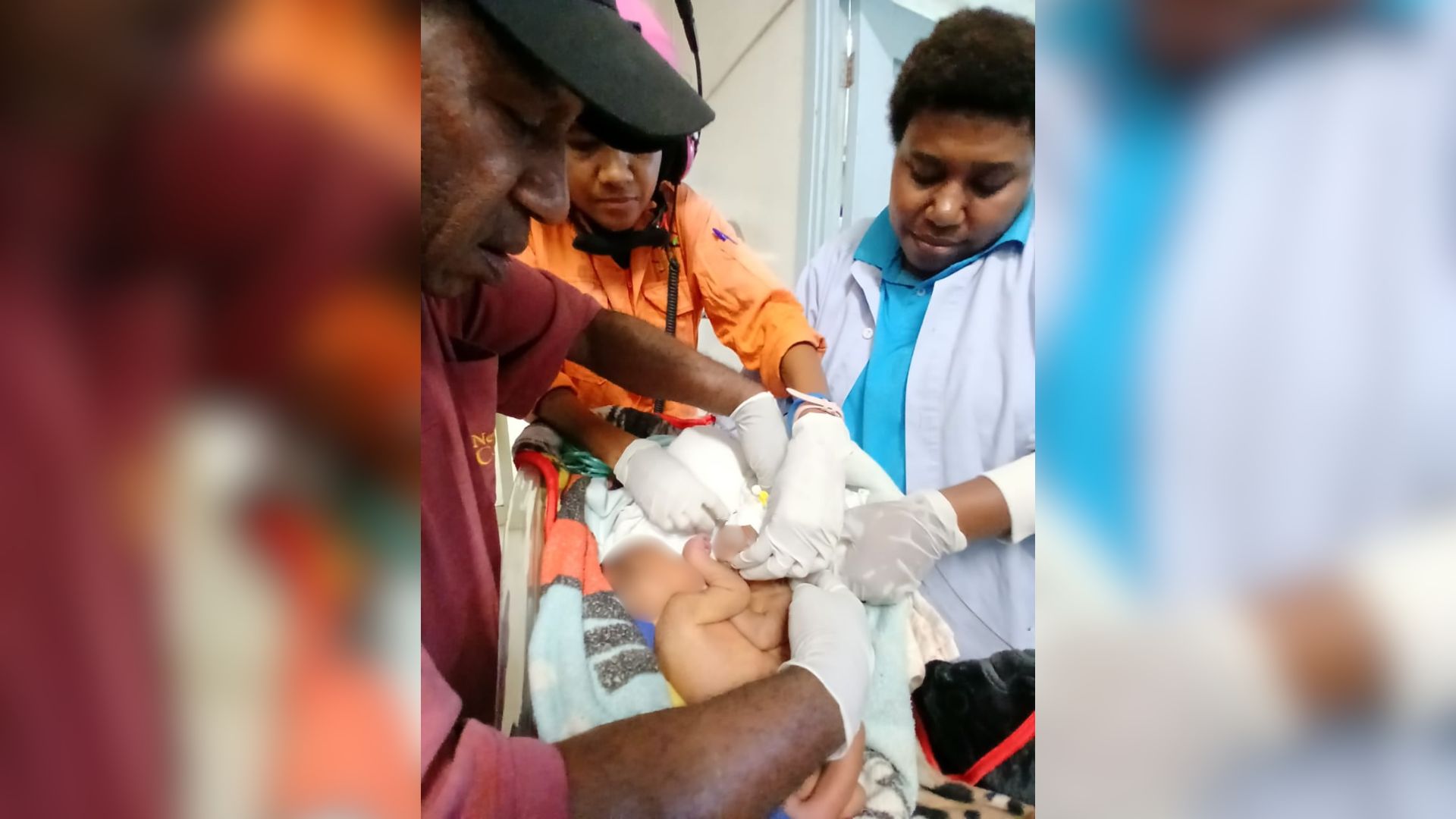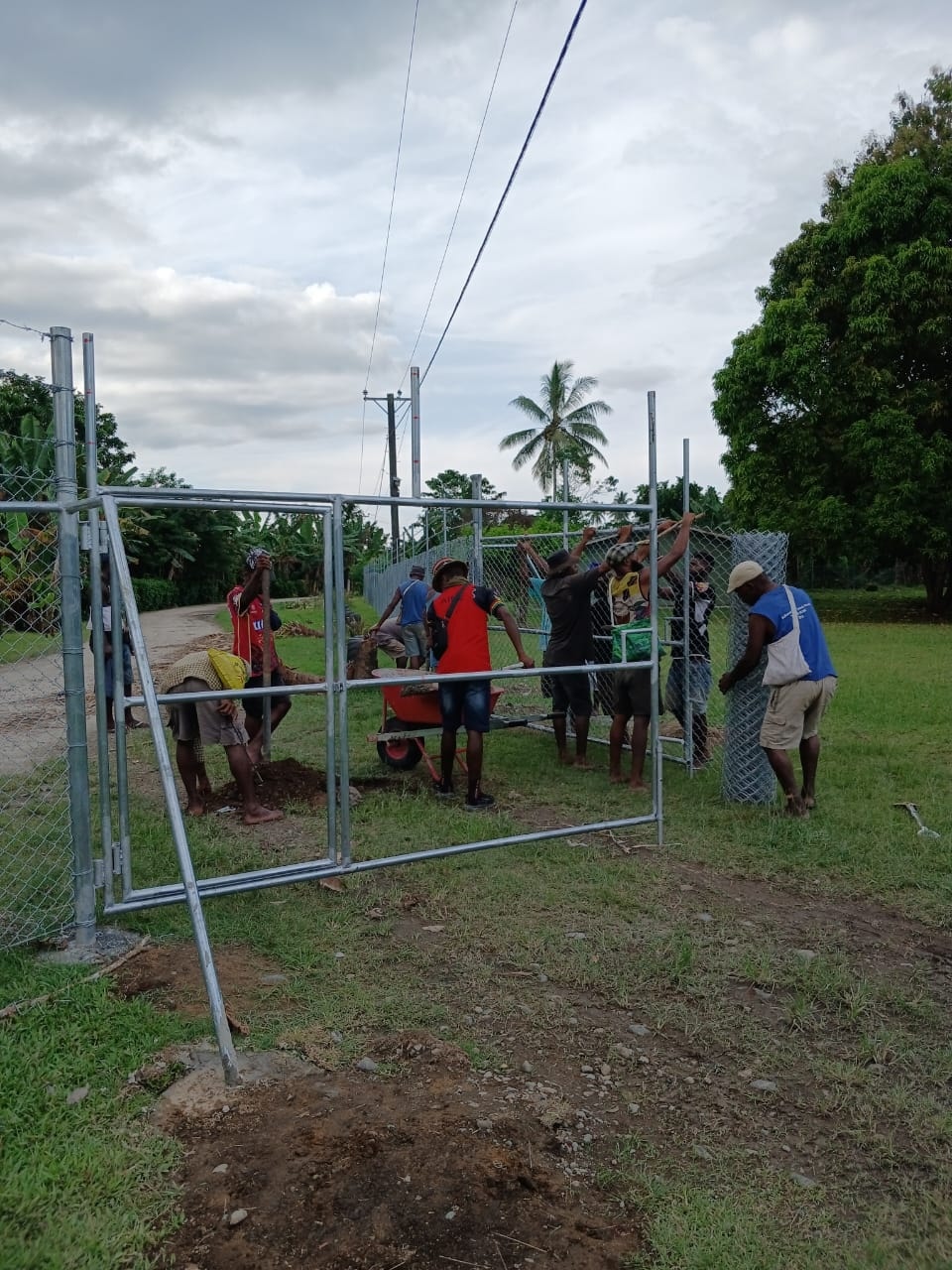NEWS
11,000 CHILDREN IN HELA DIAGNOSED WITH SEVERE MALNUTRITION
![]() By Scott WAIDE |
February 25, 2025
By Scott WAIDE |
February 25, 2025

Related News
LATEST NEWS




